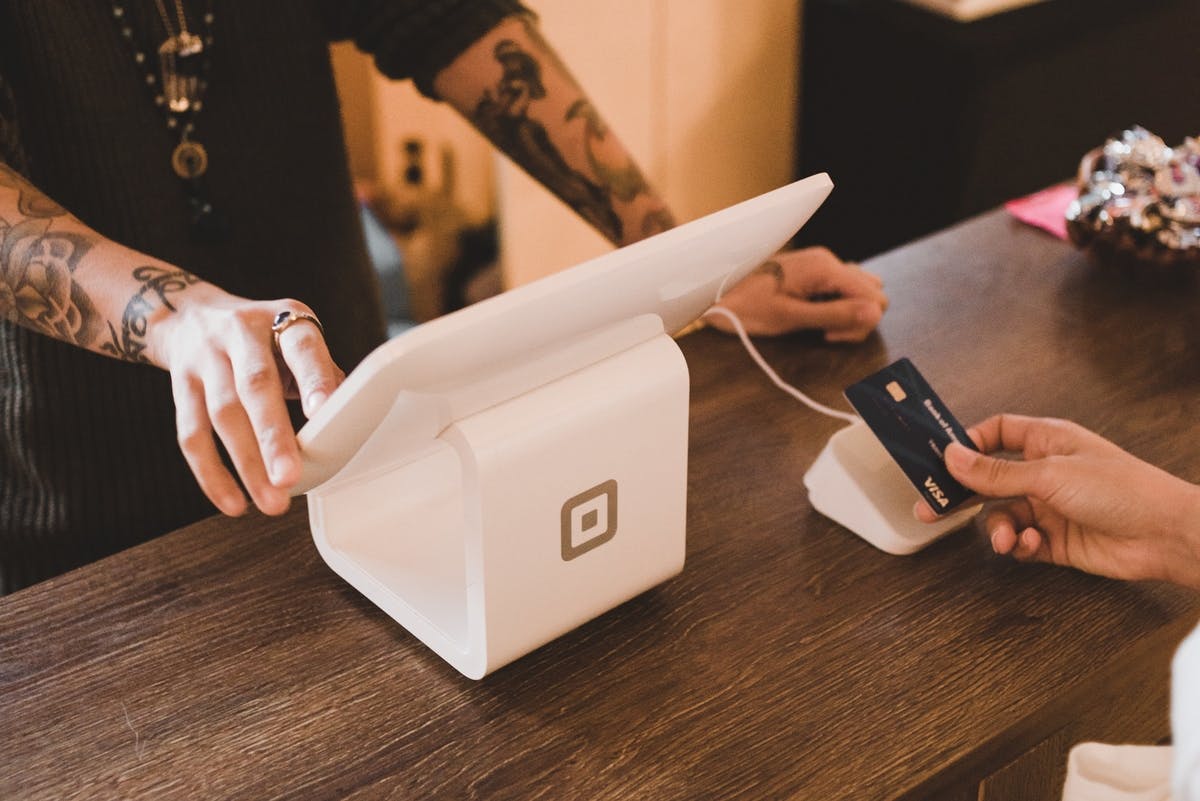Jack Dorsey’s Square has agreed to acquire Australia’s Buy Now, Pay Later (BNPL) giant Afterpay in Australia’s largest buyout deal, valued at about $39 billion (US$29 billion). Afterpay’s BNPL service allows customers to spread the cost of their purchases over interest-free instalments.
The deal — expected to be paid in all-stock – brings Afterpay’s service to U.S. consumers and millions of small businesses that use the Square app to process credit card transactions.
In addition, the agreement provides Afterpay with an opportunity to expand rapidly in the U.S. It will also help Square’s growth in Australia, the second-largest market after the United States.
“Afterpay will accelerate Square’s strategic priorities for its Seller and Cash App ecosystems,” according to the statement.
“Square plans to integrate Afterpay into its existing Seller and Cash App business units, enabling even the smallest of merchants to offer BNPL at checkout.
“It also plans to give Afterpay consumers the ability to manage their instalment payments directly in Cash App, and give Cash App customers the ability to discover merchants and BNPL offers directly within the app.”
Furthermore, the deal underscores how fintech companies are challenging and pushing to disrupt the existing banking industry by leveraging scale to offer more products and capitalise on customer behaviour trends driven by the COVID-19 pandemic.
“The addition of Afterpay to Cash App will strengthen our growing networks of consumers around the world while supporting consumers with flexible, responsible payment options,” said Brian Grassadonia, Lead of Square’s Cash App business.
“Afterpay will help deepen and reinforce the connections between our Cash App and Seller ecosystems.
“It will accelerate our ability to offer a rich suite of commerce capabilities to Cash App customers.”
“Buy now, pay later has been a powerful growth tool for sellers globally,” said Alyssa Henry, Lead of Square’s Seller business.
“We are thrilled to not only add this product to our Seller ecosystem but to do it with a trusted and innovative team.”
Following the closing of the deal, Afterpay’s Co-Founders and CEOs will join Square and help manage Afterpay’s respective merchant and consumer businesses. Meanwhile, Square will designate one Afterpay director to the Square Board.
Jack Dorsey, Co-Founder and CEO of Square, said: “Square and Afterpay have a shared purpose.
“Together, we can better connect our Cash App and Seller ecosystems to deliver even more compelling products and services for merchants and consumers, putting the power back in their hands.”
Saturated BNPL market
Australia’s BNPL sector is worth over $30 billion, with Afterpay and Zip making up most of the value.
According to the Australian Securities and Investment Commission (ASIC) data, the six major BNPL companies — Afterpay, BrightePay, Humm, Openpay, Payright and ZipPay — had approved 6.1 million accounts as of June 2019.
From 2.7 million in the 2017–18 fiscal year to 3.7 million in the 2018–19 fiscal year, the number of active accounts increased by 38%.
The number of transactions jumped by 75 per cent from 1.9 million in June 2018 to 3.4 million in June 2019. From $3.1 billion in the 2017–18 fiscal year to $5.6 billion in the 2018–19 fiscal year, the total value of all transactions climbed by 79%.
From June 2019 to June 2020, the number of transactions, the number of transacting users, and the total value of transactions increased by more than 20%.
From June 2016 to June 2019, the percentage of buy now, pay later transactions that incurred missed payment costs ranged between 9% and 15% per month.
According to ASIC data, the number of consumers who used at least one buy now pay later plan climbed from an estimated 400,000 in the 2015–16 fiscal year to more than 2 million in the 2017–18 fiscal year.
Double edge sword
Warren Day, ASIC’s Victorian Regional Commissioner and Chief Operating Officer, said that the BNPL system poses risks because many consumers have incurred late payment costs and suffered financial stress.
“Buy now, pays arrangements have been great for many Australians, allowing them to buy and receive goods and services immediately from a merchant and repay the BNPL provider over time.
“Unlike a traditional loan or credit card, consumers don’t pay interest on purchases.
“Instead, they may be charged fees, such as account keeping fees, establishment fees and missed payment fees.
“While BNPL arrangements are working for many, ASIC is aware some consumers are incurring missed payment fees and report being financially stressed.
“BNPL users were more likely than the general population to experience financial stress in the last 12 months (21% versus 12%) and more than twice as likely as credit card holders (9%).
“Our most recent report found that 1 in 5 BNPL users said they had cut back on or went without essentials like food to make repayments on time, and 1 in 6 took out an additional loan to make their BNPL repayments on time.
“We are also aware that the availability of BNPL services, compared to more traditional credit options, could create some unhealthy spending behaviours, with consumers spending more than they usually would or making more spontaneous purchases’, Mr Day said.
Regulatory freedom
BNPL providers in Australia had a more relaxed regulatory framework because the rules of the Australian National Consumer Credit Protection Act, 2009 do not apply to certain types of loans, including short-term interest-free credits.
Buy now, pay later providers, in particular, are exempt from the National Credit Act’s responsible lending duties, which restrict credit licensees from offering credit that is unsuitable for the consumer.
As of June 30, 2021, Afterpay serves more than 16 million consumers and nearly 100,000 merchants globally, including major retailers across key verticals such as fashion, homewares, beauty, sporting goods and more.
Keep up to date with our stories on LinkedIn, Twitter, Facebook and Instagram.

